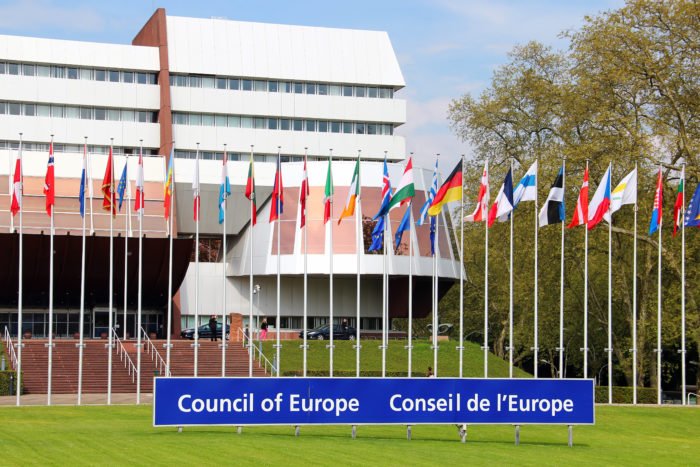The Council of Europe’s Group of Experts on Action against Trafficking in Human Beings (GRETA) has called for immediate action to address an increase in human trafficking cases in Turkey.
The GRETA report, published on Tuesday, highlights a sharp rise in trafficking cases. Based on official data from Turkey’s Interior Ministry, there was a significant increase in cases between 2019 and 2023, with 1,466 victims identified, compared to 775 victims between 2014 and 2018. Since 2019, 82 percent of the victims were female and 29 percent were children.
While Turkey remains primarily a destination and transit country for trafficking victims, it is increasingly becoming a country of origin as well.
“The official figures likely understate the true scale of trafficking,” the report said, noting difficulties in identifying victims, particularly among refugees and asylum seekers. It emphasized that Turkey, which hosts millions of refugees, needs to prioritize identifying trafficking victims among these vulnerable populations, especially in its southeastern regions.
The predominant form of exploitation remained sexual exploitation, accounting for 758 victims (52 percent), followed by labor exploitation with 441 victims (30 percent), forced marriage involving 132 victims (9 percent) and forced begging with 88 victims (6 percent). Authorities also identified five children trafficked as child soldiers, five victims of child sale and three victims of organ or tissue removal.
The main countries of origin for the victims were Syria (512), Uzbekistan (236), Afghanistan (108), Turkey (98), Kyrgyzstan (76), Morocco (56), Indonesia (49), Azerbaijan (29), Turkmenistan (29) and Ukraine (20). Notably, there has been an increase in victims of trafficking in human beings (THB) for labor exploitation and in Turkish nationals identified as victims.
The provinces with the highest numbers of identified victims were Istanbul (406), Gaziantep (136), Şanlıurfa (121), Antalya (91) and Hatay (69).
Despite earlier recommendations, Turkey has yet to adopt a new National Action Plan against human trafficking, which expired in 2009. Efforts to draft a new plan began in 2017 but remain incomplete. GRETA stressed the importance of this plan, stating that a clear framework is crucial to ensure coordinated and effective measures for victim protection and prosecution of traffickers.
The report identifies persistent challenges in Turkey’s efforts to combat trafficking for labor exploitation, particularly in sectors with high rates of informal employment, such as agriculture, construction and domestic work. GRETA emphasized that informal employment, which remains prevalent in Turkey, creates conditions that enable exploitation and urged stronger labor inspections to protect vulnerable workers.
GRETA also expressed concern about the limited number of specialized shelters for trafficking victims. The two existing shelters, located in Ankara and Kırıkkale, are often insufficient to meet the needs of victims, particularly those requiring long-term support. The council recommended expanding accommodation options and improving services for victims, including psychological care and legal assistance.
GRETA’s report concludes with a call for the Turkish government to finalize and implement the National Action Plan, ensure adequate budget allocations for victim support and enhance training for professionals involved in anti-trafficking efforts, such as law enforcement, social workers and labor inspectors.
The Turkish government has not yet responded to the council’s findings. This evaluation is the second by GRETA regarding Turkey’s compliance with the Council of Europe Convention on Action against Trafficking in Human Beings, following the first in 2018.















